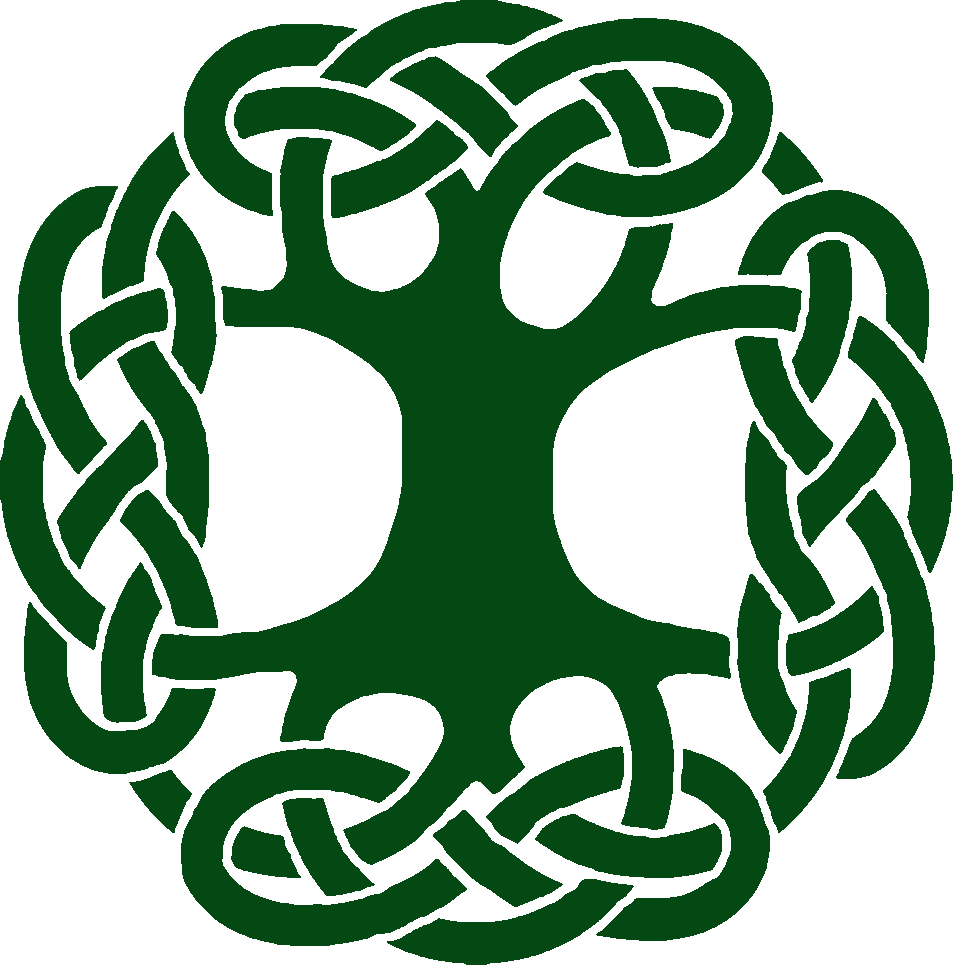

PROTO-INDO-EUROPEAN
ROOT
EXTENSIONS
• OInd. budh- ‘wake up’, ‘be awake’, ‘know’ (MW: 733; Whitney 1885: 106)
• OInd. -budh ‘awaking’, ‘intelligent’ (MW: 734)
• OInd. budha ‘sage’ (MW: 734)
• OInd. bodhá ‘knowing’, ‘perception’ (MW: 734)
• OInd. bodhaka ‘teacher’, ‘instructor’, ‘informer’, ‘spy’ (MW: 734)
• OInd. bodhi ‘knowledge’, ‘wisdom’ (MW: 734)
• OInd. buddhi ‘perception’, ‘mind’, ‘ready wit’ (MW: 733)
• OInd. boddhavya ‘perceptible’ (MW: 734)
• OInd. boddhr̥ ‘one who perceives’, ‘one who comprehends’ (MW: 734)
• OInd. bodhayitŕ̥ ‘awakener’, ‘teacher’ (MW: 734)
References
MW = Monier-Williams, M. 1899. A Sanskrit-English Dictionary. Clarendon Press.